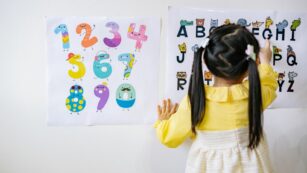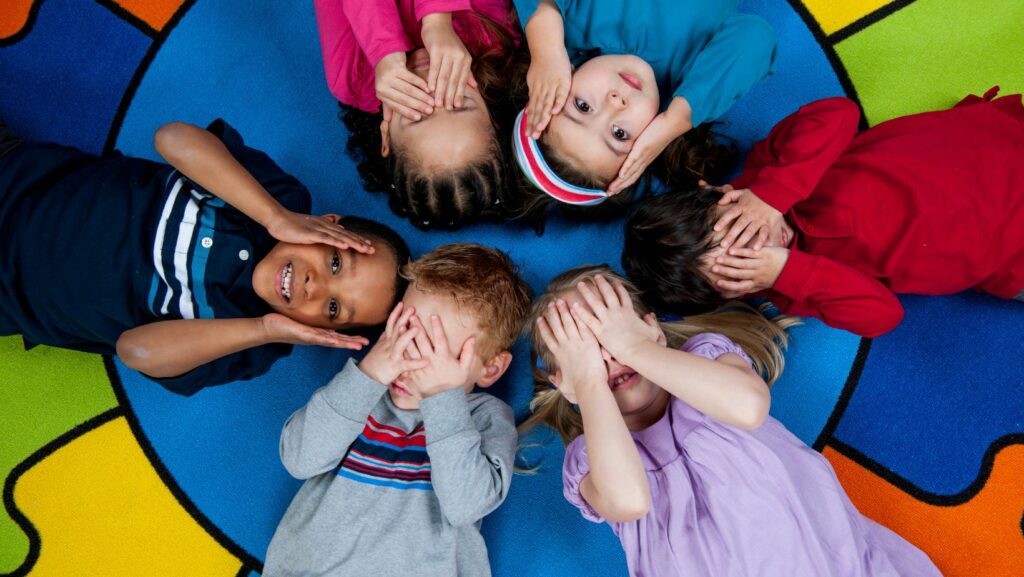Parenting Tips for Preschoolers
As I delve into the realm of parenting tips for PRESCHOOLERS, it’s essential to understand the unique challenges and joys that come with guiding these young minds. Preschoolers are at a crucial stage of development where they are exploring their identities, learning boundaries, and absorbing information like sponges.
One key aspect to remember when dealing with parenting tips for preschoolers is consistency. Establishing routines helps create a sense of security and predictability for them. Whether it’s bedtime rituals, mealtime habits, or playtime schedules, maintaining a consistent structure can aid in their overall behavior and emotional regulation.
Furthermore, positive reinforcement plays a significant role in shaping preschoolers’ behavior. Praise and encouragement for good actions help reinforce positive habits and boost their self-esteem. It’s important to celebrate their achievements, no matter how small they may seem – this fosters a sense of accomplishment and motivates them to continue growing and learning.
Understanding the Preschool Phase
 When it comes to understanding the preschool phase, it’s essential to recognize that this stage of a child’s development is crucial in laying the foundation for their future growth and learning. Preschoolers are typically between the ages of 3 and 5, a period characterized by rapid cognitive, emotional, and social development. During this time, children start to form their own personalities, preferences, and ways of interacting with the world around them.
When it comes to understanding the preschool phase, it’s essential to recognize that this stage of a child’s development is crucial in laying the foundation for their future growth and learning. Preschoolers are typically between the ages of 3 and 5, a period characterized by rapid cognitive, emotional, and social development. During this time, children start to form their own personalities, preferences, and ways of interacting with the world around them.
One key aspect of the preschool phase is the emphasis on play-based learning. Young children at this age learn best through hands-on experiences, exploration, and imaginative play. By engaging in various activities such as building blocks, pretend play, or arts and crafts, preschoolers not only enhance their motor skills but also develop important cognitive abilities like problem-solving and creativity.
Socialization plays a significant role during the preschool years as well. Kids begin to navigate friendships, learn how to share and take turns, and understand basic social norms. These interactions help them build essential social skills that will be valuable throughout their lives. As a parent or caregiver, supporting positive social interactions through playdates, group activities, or preschool settings can greatly benefit a child’s overall development.
Another critical aspect to consider is language development. Preschoolers are like sponges when it comes to language acquisition; they absorb new words and concepts rapidly. Encouraging conversation, reading together daily, and exposing them to a variety of vocabulary enriches their language skills significantly during this phase.
In conclusion: The preschool phase sets the stage for a child’s future academic success and overall well-being. Providing a nurturing environment that supports play-based learning, social interaction opportunities,and language development is key during these formative years.
Establishing a Routine
Starting a daily routine for PRESCHOOLERS is crucial in providing them with structure and predictability. It helps children feel secure, knowing what to expect each day. Here are some tips on how to establish an effective routine:
Consistent Schedule
- Creating a consistent schedule helps children understand what comes next.
- Plan regular times for meals, naps, playtime, and bedtime.
- Consistency can reduce anxiety and meltdowns as children know what’s happening.
 Visual Timetables
Visual Timetables
- Incorporating visual timetables with pictures or drawings can assist preschoolers in understanding their routine.
- Use simple images or symbols for different activities throughout the day.
- Visual cues help kids anticipate transitions and feel more in control.
Flexibility within Structure
- While routines are essential, it’s also important to allow flexibility when needed.
- Be open to adjustments based on your child’s mood or unexpected events.
- A balance between structure and flexibility ensures a smoother day for both you and your child.
Positive Reinforcement
- Encourage good behavior by praising your child when they follow the routine.
- Offer small rewards like stickers or extra playtime for cooperation.
- Positive reinforcement reinforces the routine positively, making it more likely that your child will stick to it.
Establishing a routine may take time as preschoolers adjust, but consistency is key. By implementing these strategies, you can create a structured environment that supports your child’s development and well-being.

